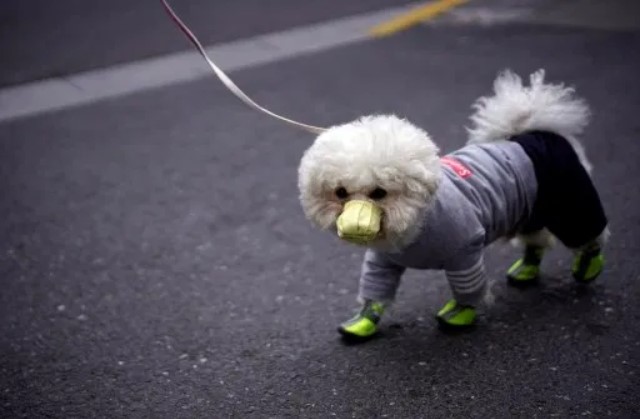Shielding our friends and family from coronavirus is the point of the game at the moment.
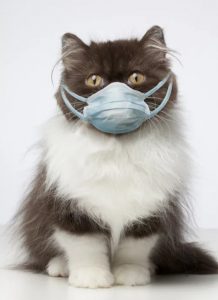
In any case, shouldn’t something be said about your friends and family who aren’t human? The PDSA gauges that half of UK grown-ups possess a pet, which implies half of us have a fuzzy (or not all that textured) companion to stress over as well. There have been various reports about pooches getting coronavirus, yet evidently this isn’t motivation to be concerned.
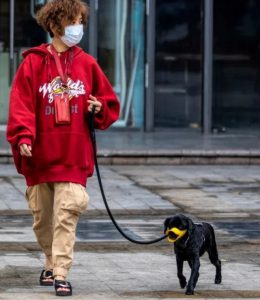
Truth be told, it’s basically because of the reality the term coronavirus is genuinely expansive and envelops an assortment of infections including COVID-19. Can mutts or felines get COVID-19? Dr Jessica May, UK Lead Vet at video vet administration, FirstVet says: ‘The most regular inquiries that pet proprietors pose to our vets are:

Can my pet get COVID-19, and would humans be able to come down with the infection from their pets? ‘The short answer is no: there are right now no doubts that pets can be contaminated, or that they can spread COVID-19 to people. ‘All things considered, there are various strains of coronavirus that influence creatures: canine coronavirus (CCV), which is exceptionally infectious among mutts, and cat irresistible peritonitis (FIP), which is a disease that can show from coronavirus contamination in felines. ‘These strains of the infection spread from creature to creature, however can’t be transmitted to people.’ Are pets encountering a coronavirus pandemic as well?
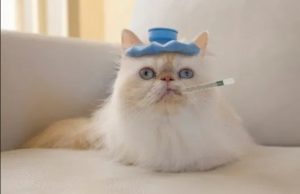
‘The way things are, creature coronaviruses are not demonstrating expanded numbers,’ says Dr Jessica. She recommends, in any case, that you utilize video vets like FirstVet or call your vet before heading straight into the medical procedure. She says, ‘This decreases the danger of spreading irresistible ailments, diminishes the pressure related with taking your pet to the center, and the vet will have the option to give the most suitable exhortation to you and your pet.’What about the pooch who clearly did get COVID-19? Recollect the tale about the canine who seemed to have COVID-19? As it turned out, there was more to it than met the eye. Dr Jessica says, ‘A pooch as of late tried somewhat positive for the infection in Hong Kong, after swabs were taken from its nose and mouth.
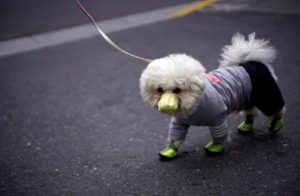
Nonetheless, the canine was not giving clinical indications. ‘The test outcomes didn’t show that the pooch was tainted with COVID-19. The most probable explanation behind the canine to have somewhat positive test outcomes was because of breathing sullied air from the proprietor, who had recently been determined to have COVID-19.’ What are the impacts of coronavirus in hounds? While how COVID-19 impacts people’s respiratory frameworks, for hounds coronavirus influences their digestive organs and causes serious stomach torment for a short measure of time. ‘CCV was first recognized in 1970 and has since been found over the world,’ says Dr Jessica. ‘

Most instances of CCV emerge because of oral contact with tainted fecal issue, just as from polluted nourishment bowls, or nose to nose contact with a contaminated canine. Swarming and unsanitary conditions additionally favor transmission. ‘Canines may not give indications for as long as four days after presentation. Clinical signs typically keep going for somewhere in the range of two and 10 days. Optional contaminations by microscopic organisms and different infections may drag out the recuperation time. Pooches might be transporters of the illness for as long as a half year after disease. ‘The infection is usually subclinical and dogs show very few clinical signs. Occasionally, dogs develop sudden-onset diarrhoea with a decreased appetite and lethargy.
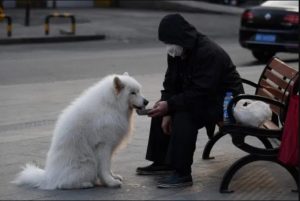
‘Mortality is low, but deaths have been reported. The infection is typically more severe in puppies, which have a weaker immune system. ‘There is no treatment for CCV since the infection usually resolves by itself. However, CCV does not affect people.’ What are the effects of coronavirus in cats? ‘Coronavirus in cats also affects the cells of the intestinal wall,’ explains Dr Jessica. ‘Many cats become infected with coronavirus and the infection usually resolves by itself. Some cats will have gastrointestinal signs in the form of mild diarrhoea, however, many cats do not show signs. ‘In some cats, the virus may develop into feline infectious peritonitis (FIP). The most commonly affects cats with an impaired immune system.
